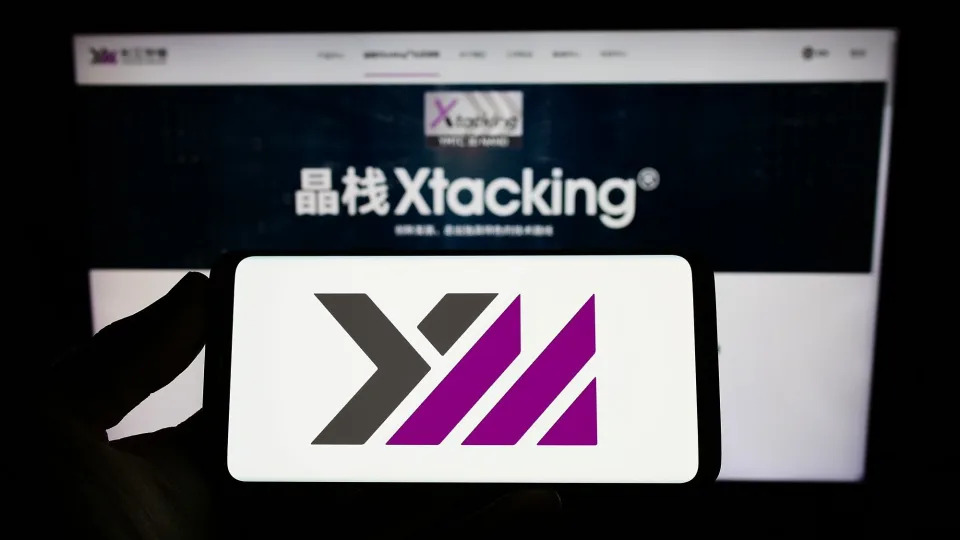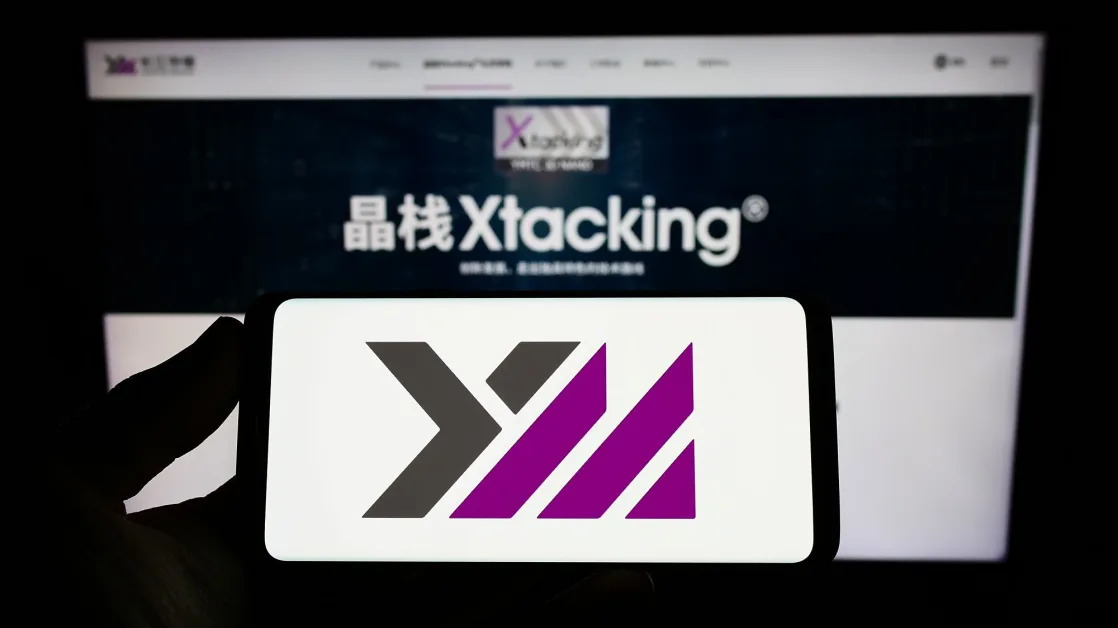Yangtze Memory Technologies Corp (YMTC), China's leading memory chipmaker, has denied it is seeking a back-door listing to take advantage of the frenzy in the country's chip-related stocks amid tighter US tech sanctions.
Considered China's best chance to compete in advanced flash memory chips against global leaders Samsung Electronics and SK Hynix, YMTC issued a statement on Sunday saying it "never had any intention of pursuing a back door- listing". The statement was in response to earlier local media reports.
The denial comes as Chinese semiconductor companies have become the new darlings for domestic investors, who view tighter US export restrictions on the country's chip industry as an impetus for more local development. Listed companies with potential business ties or equity relationships with leading players such as YMTC and Huawei Technologies are often sought-after stocks among China's retail investors.
Do you have questions about the biggest topics and trends from around the world? Get the answers with SCMP Knowledge , our new platform of curated content with explainers, FAQs, analyses and infographics brought to you by our award-winning team.
YMTC, based in Wuhan, the capital city of Hubei province, also denied it had any ties to Shenzhen-listed Mason Technology, named as the possible back-door company in the rumours, whose ultimate controlling entity is the Hubei State-owned Assets Supervision and Administration Commission. A subsidiary of Mason Technology, Yangtze Mason Semiconductor, engages in the memory chip business, according to its website.

The logo of Yangtze Memory Technologies Corp (YMTC) is pictured on a smartphone screen in front of its website. Photo: Shutterstock Images alt=The logo of Yangtze Memory Technologies Corp (YMTC) is pictured on a smartphone screen in front of its website. Photo: Shutterstock Images>
After the YMTC denial, Mason Technology's shares tumbled by the limit of 10 per cent to 14.04 yuan (US$1.93) on Monday.
Founded in 2016, YMTC was a latecomer to the global flash memory industry, which has long been dominated by Samsung, SK Hynix, and US-based Micron Technology. However, its efforts to catch-up with the established players has seen the company emerge as a symbol of China's ambitions to achieve self-reliance in semiconductors. YMTC's 3D NAND chips are used in devices such as Huawei's Pura 70 Ultra smartphone.
A teardown report by Canadian research firm TechInsights in September highlighted the company's progress in narrowing the gap with global leaders, thanks to its Xtacking 4.0 chip design architecture and its close ties with domestic chip tool makers such as Advanced Micro-Fabrication Equipment and Naura Technology Group.
YMTC has been subject to US trade sanctions since 2022, restricting its access to cutting-edge equipment, including advanced lithography machines from Dutch supplier ASML. Without technical backup provided by the foreign suppliers, its production has experienced delays. Earlier this year, YMTC's Wuhan plant halted production because of a machine failure, forcing the company to scramble for spare parts from other fabs .
YMTC's controlling entity is the Wuhan State-owned Assets Supervision and Administration Commission. Last year, it raised 49 billion yuan from state-owned investors, including the second phase of the National Integrated Circuit Industry Investment Fund, commonly known as the "Big Fund", Changjiang Industry Investment Group (the controlling shareholder of Mason Technology) and Hubei Changsheng Development.
The global memory chip market was worth an estimated US$240.8 billion in 2024 and is projected to grow at a compound annual growth rate of 13.44 per cent to reach US$791.8 billion by 2033, according to data from research firm IMARC Group. The surge in demand is driven by advancements in consumer electronics, artificial intelligence, and data centres.
This article originally appeared in the South China Morning Post (SCMP) , the most authoritative voice reporting on China and Asia for more than a century. For more SCMP stories, please explore the SCMP app or visit the SCMP's Facebook and Twitter pages. Copyright © 2024 South China Morning Post Publishers Ltd. All rights reserved.
Copyright (c) 2024. South China Morning Post Publishers Ltd. All rights reserved.


